A plant-based foods diet
A plant-based foods diet
A plant-based diet is based on plant-foods, it doesn't define that you can't eat meat, eggs or dairy, but you should limit it as less as you can or no animal ingredients.
There are many different healthy diets, all aimed at wellness. A plant-based diet is easy to misunderstand with a vegetarian diet or vegan diet. A plant-based diet is based on plant-foods, it doesn't mean you can't eat meat, eggs or dairy, but you should limit it as less as you can or no animal ingredients. A plant-based diet provides all the proteins, fats, carbohydrates, vitamins and minerals for optimal health, and ensuring your body is getting more fiber and phytonutrients.
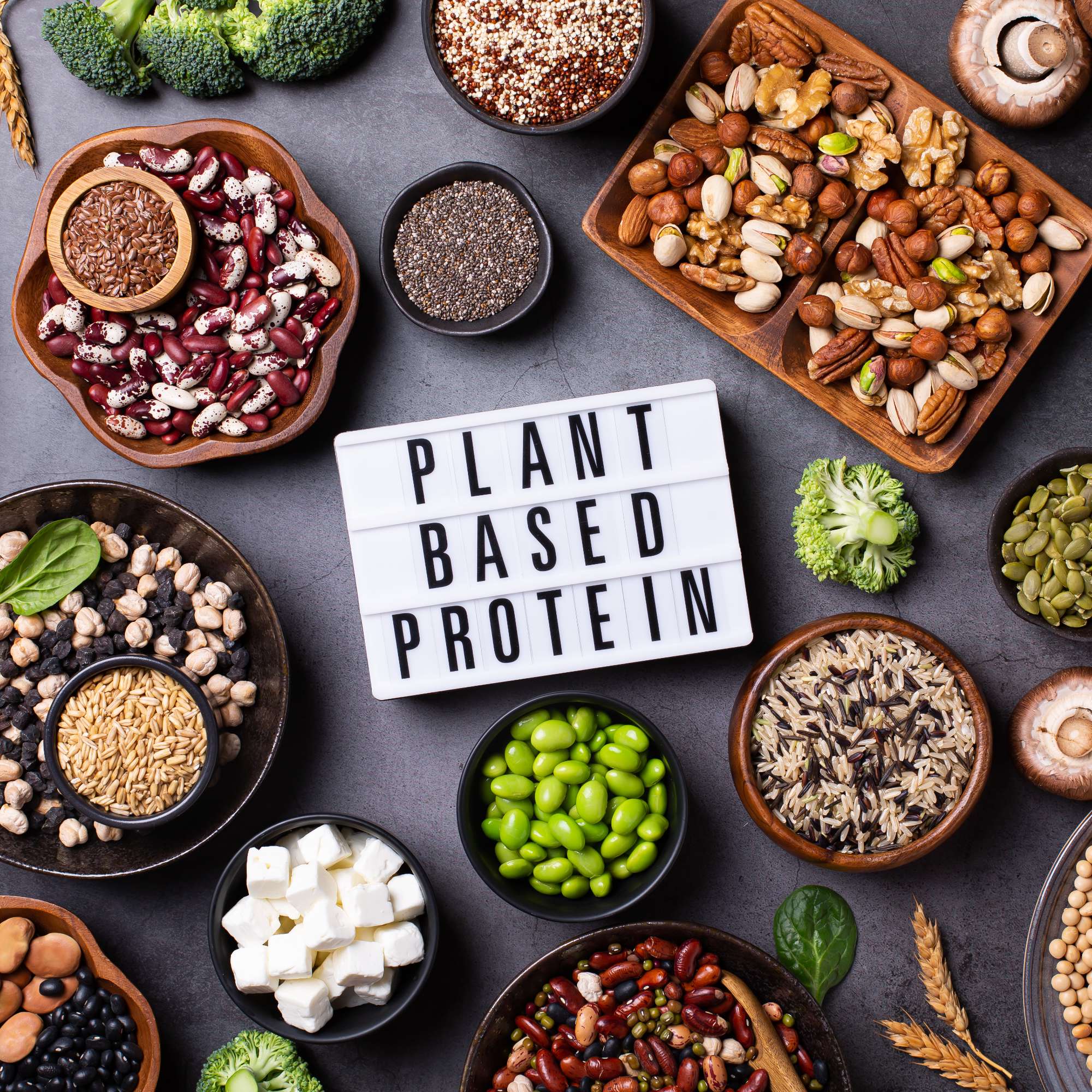

Potential health benefits of a plant-based diet
1. A Healthier BrainA plant-based diet could be helpful for both your body and your mind. While research is mixed, one study involving more than 3,000 adults found sticking with a plant-based diet was linked with better cognitive function, including long-term memory and executive function, though future research should explore the mechanisms behind why this happens.
2. A Longer LifeSome research links a diet containing higher levels of plant protein with a lower rate of early death from all causes; one review of studies (involving more than 715,000 participants) found that participants whose diets contained the most plant-based protein had a 6 percent lower risk of premature death than individuals who consumed less protein overall. One study of 135,000 individuals found a link between increased intake of fruits, vegetables, and legumes and a lower risk of all-cause early death, with participants reaping maximum health benefits at three to four servings per day, an amount that anyone following a plant-based diet is likely to meet.
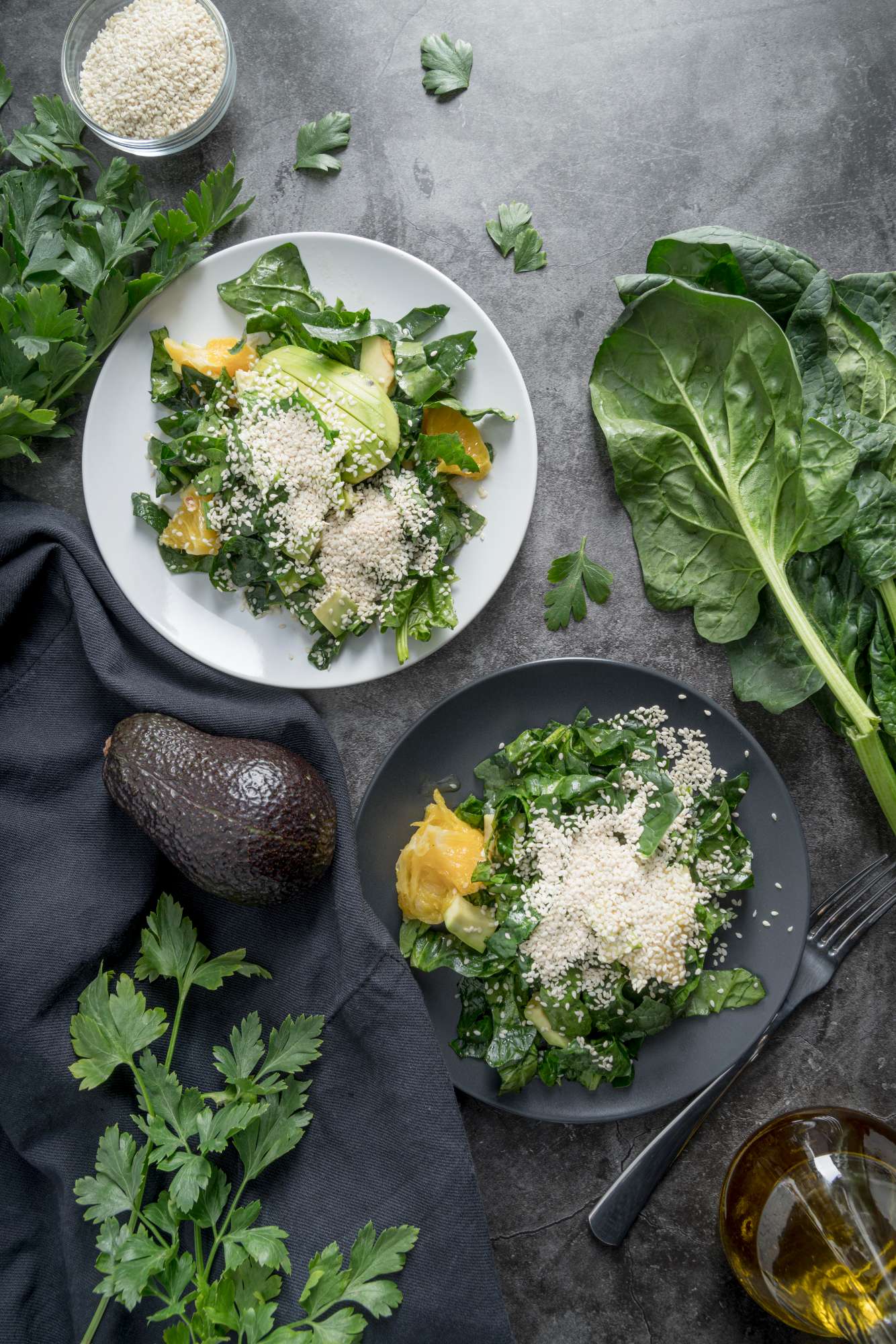
3. Reduced Risk of Heart DiseaseOne study linked diets rich in healthy plant foods such as nuts, whole grains, fruits, veggies, and oils, with a significantly lower risk of heart disease.
Another found that following a diet rich in plant foods and lower in animal foods was associated with a 16 percent lower risk of cardiovascular disease and 31 to 32 percent lower risk of death from cardiovascular disease.
There are several factors in play here, including the fact that plant-based diets can decrease cholesterol levels and lower inflammation, according to a case report.
4. Reduced Risk of CancerResearch from the United Kingdom looked at about 475,000 adults who were cancer free at baseline. The participants were categorized as regular meat eaters, low meat eaters, fish eaters, and vegetarians and followed up to check their incidence of cancer 11.4 years later. The low meat eaters, fish eaters, and vegetarians had a lower risk of colorectal, breast, and prostate cancers when compared with regular meat eaters. The researchers suspect a low BMI could also be a contributing factor to the lower cancer risk.
Another study focused on breast cancer specifically and found that individuals who most closely followed a plant-based diet had 67 percent lower risk of breast cancer than those who followed it the least.
One note: If you’re not ready to give up on animal proteins just yet, don’t worry. Another study found that, while adding plant-based proteins to your diet can help lower your risk of cancer and cardiovascular disease, there was no increased risk associated with animal proteins. So while it’s not necessary to completely eliminate meats and dairy from your diet, you can still lower your risk of certain diseases by making an effort to include more plant proteins. To set yourself up for success, Manaker suggests making a shopping list heavy on produce, beans, and plant-based proteins to make sure you have plenty of options to reach for when you get hungry.

5. Reduced Risk for Type 2 DiabetesIn a review published in July 2018 in JAMA Internal Medicine, researchers found that following a plant-based diet that included foods like fruits, veggies, legumes, nuts, and whole grains, was associated with a lower risk of type 2 diabetes.
The nine studies involved about 307,100 participants, and were adjusted for factors such as smoking status and exercise frequency that otherwise could have affected the results. Researchers therefore deduced that the lower risk was due to participants’ diet choices.
The reason for this lower risk of type 2 diabetes may be improved function of beta cells, which help produce insulin (the hormone that keeps blood sugar levels stable). Past research has noted that as type 2 diabetes progresses, beta cell function declines — and this can cause dangerous fluctuations in blood sugar levels. But a randomized trial found that after just 16 weeks following a plant-based diet, participants had better beta cell function and insulin sensitivity compared with the control group — not to mention improved body mass indexes (BMIs) and less belly fat. Manaker agrees that a plant-based diet can help you manage your weight, and may even lead to weight loss if you follow it in a healthy way.
A healthier weight and blood sugar level in people with diabetes
In another study, which was published in September 2019 in Translational Psychology, researchers concluded that this diet is beneficial for boosting metabolism, managing weight, and reducing inflammation, especially among people with obesity and those with type 1 and type 2 diabetes.
Another study found that a plant-based diet may play a role in preventing and treating type 2 diabetes, and the authors cite research that suggests this diet may help reduce the risk of other chronic illnesses, including cancer. One review suggested that a plant-based diet has a positive effect on emotional and physical well-being, quality of life, and general health for people living with type 2 diabetes, while also improving physical markers of the condition in this population.

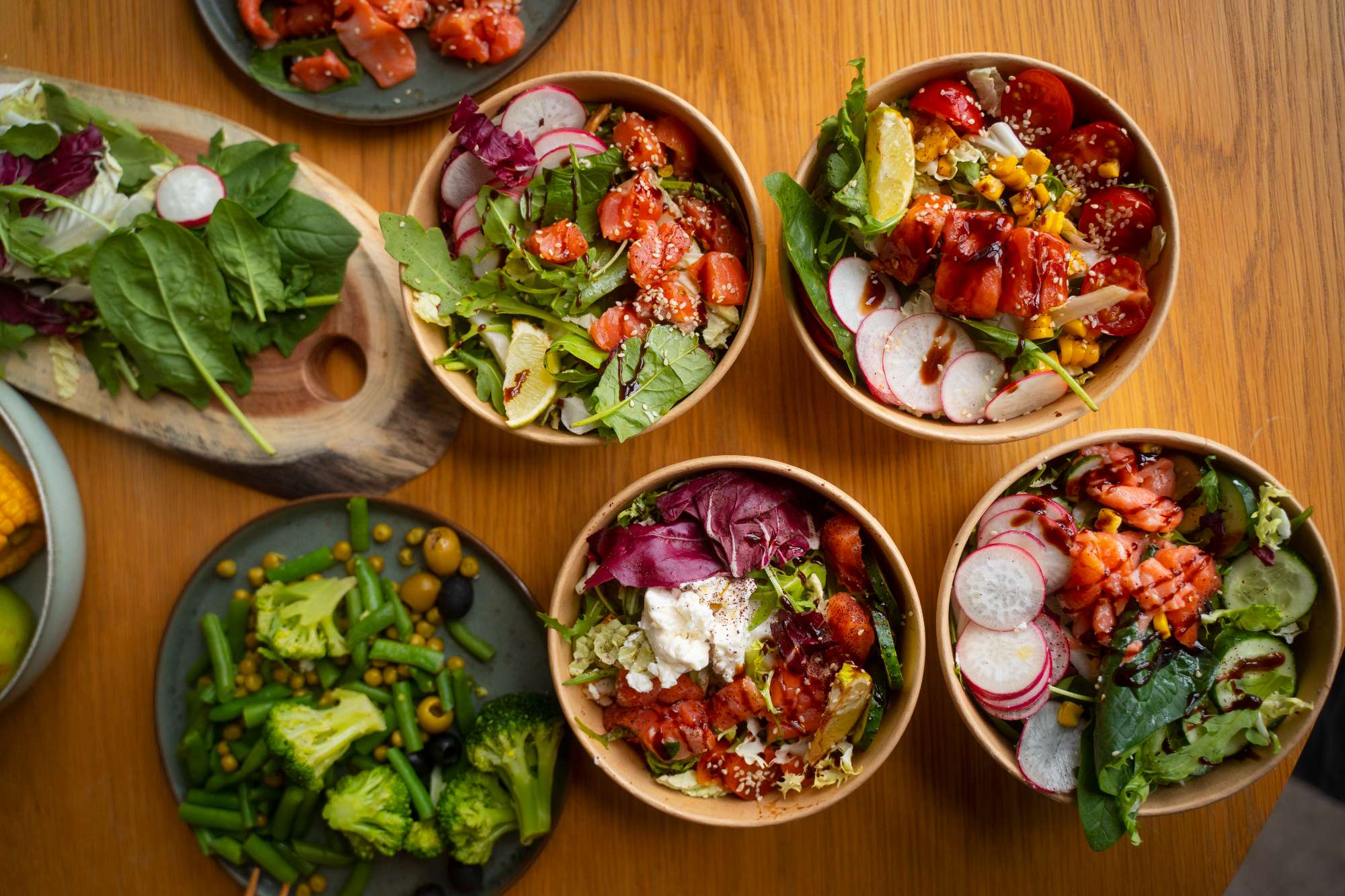
Can a plant-based diet help you lose weight?
Although there are plenty of reasons you may want to adopt a plant-based diet, from a lower risk for chronic diseases to a reduced carbon footprint, weight loss may be another outcome you’re after.
Yes, A plant-based diet can help in this way, too.
According to a review on vegan and vegetarian diets, these eating styles may help prevent overweight and obesity in a healthier, more sustainable way than other eating approaches. The same review cites several studies associating plant-based diets with weight loss. For example, of 12 studies analyzed in one meta-analysis, participants randomized to follow a plant-based diet lost about 4.5 pounds more than individuals who followed a different, non-plant-based diet.
As the Physicians Committee for Responsible Medicine notes, plant-based diets may aid weight loss because they call for whole foods, which are rich in filling fiber. What’s more, limiting or avoiding higher-fat foods including meat may support your weight goals, because 1 gram (g) of fat is the equivalent of 9 calories, whereas 1 g of carbohydrate has only 4 calories. Cutting calories may support weight loss.
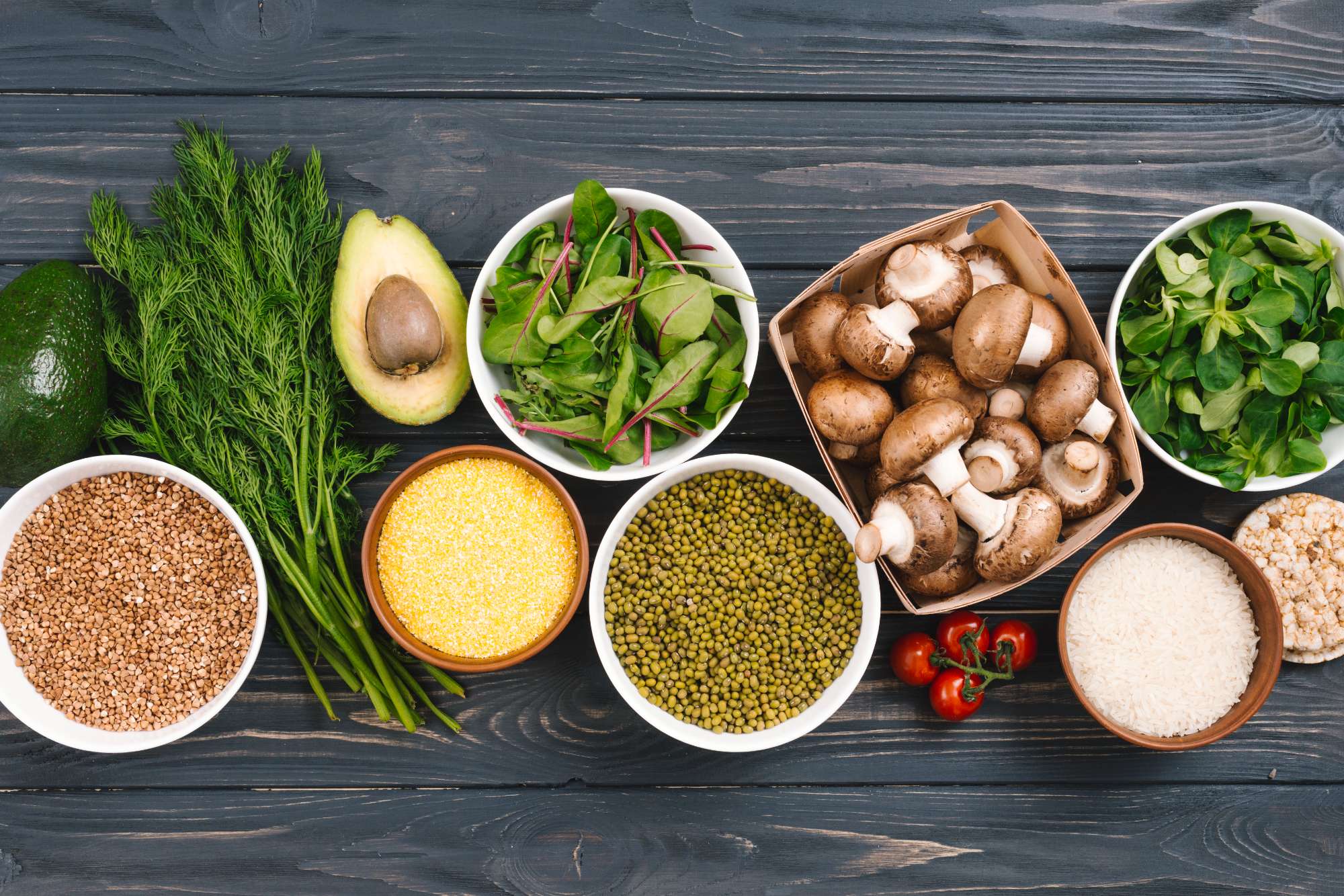
Get start with a plant-based diet
There are eight suggested ways to get you started with a plant-based diet.
1. Eat lots of vegetables. Fill half your plate with vegetables at lunch and dinner. Make sure you include plenty of colors in choosing your vegetables. Enjoy vegetables as a snack with hummus, salsa, or guacamole.
2. Change the way you think about meat. Have smaller amounts. Use it as a garnish instead of a centerpiece.
3. Choose good fats. Fats in olive oil, olives, nuts and nut butters, seeds, and avocados are particularly healthy choices.
4. Cook a vegetarian meal at least one night a week. Build these meals around beans, whole grains, and vegetables.
5. Include whole grains for breakfast. Start with oatmeal, quinoa, buckwheat, or barley. Then add some nuts or seeds along with fresh fruit.
6. Go for greens. Try a variety of green leafy vegetables such as kale, collards, Swiss chard, spinach, and other greens each day. Steam, grill, braise, or stir-fry to preserve their flavor and nutrients.
7. Build a meal around a salad. Fill a bowl with salad greens such as romaine, spinach, Bibb, or red leafy greens. Add an assortment of other vegetables along with fresh herbs, beans, peas, or tofu.
8. Eat fruit for dessert. A ripe, juicy peach, a refreshing slice of watermelon, or a crisp apple will satisfy your craving for a sweet bite after a meal.
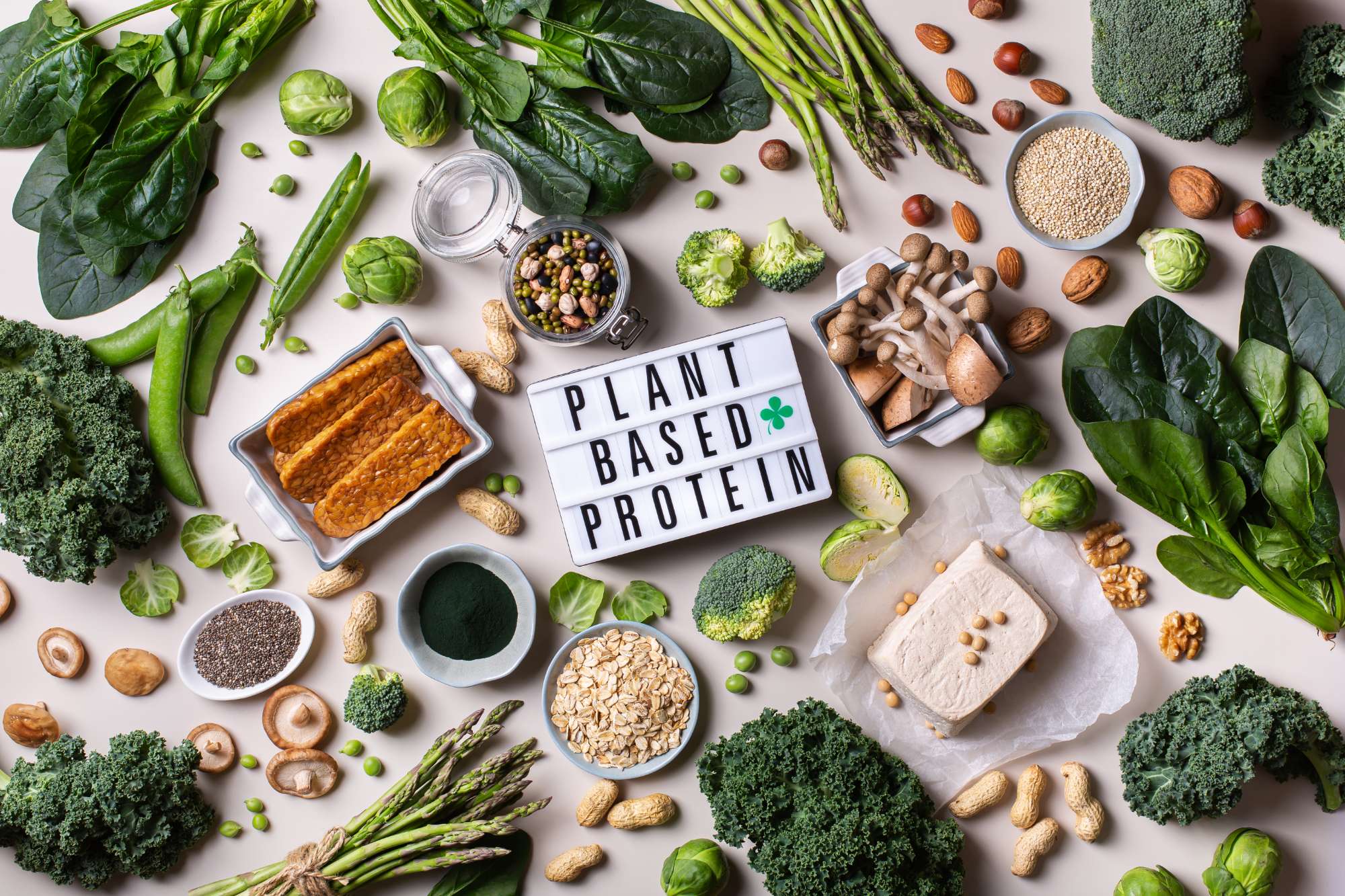
Are there any disadvantages to a plant-based diet?
Simply sticking with plant-based foods likely isn’t going to cut it — you’ll need to pay attention to the quality of the foods you’re consuming, because there are plenty of unhealthy foods that qualify as plant-based, such as potato chips and french fries. Unhealthy plant-based foods will increase your risk of weight gain and health conditions such as heart disease.
Another thing you should be aware of: When you first switch to a plant-based diet, you may notice an uptick in bowel movements, diarrhea, or constipation. That’s because many plant-based foods are loaded with fiber, Manaker says, and fiber normalizes bowel movements, according to the Mayo Clinic. Consider gradually incorporating plant-based foods in your diet to give your body time to adjust, and be sure to drink plenty of fluids while you're making the switch to eating more plants and afterward.
For the most part, eating a plant-based diet will check the boxes of all the major nutrients. “A well-planned plant-based diet can be nutritionally adequate and particularly rich in fiber, vitamin A, vitamin C, and potassium because of all the fruits and vegetables that are typically eaten,” Yule says.
That said, if you decide to take the plant-based diet to the next level and swear off all animal products, you may need to keep an eye on your levels of vitamin B12 and choline. “Vitamin B12 is found primarily in animal sources, and the two best sources of choline are egg yolks and liver,” Manaker says. “If a person is avoiding animal products, they may not be taking in enough of these nutrients.”
Adopting a plant-based diet can be a healthy and sustainable choice. However, it's essential to plan and diversify your meals to ensure you're getting enough essential nutrients.
1. Combine Protein Sources:
- Complete proteins: Combine plant-based proteins like beans, lentils, tofu, tempeh, and nuts to ensure you get all nine essential amino acids.
- Whole grains: Incorporate whole grains like quinoa, brown rice, and oats, which provide protein, fiber, and other nutrients.
2. Include Healthy Fats:
- Nuts, seeds, and avocados: These foods are rich in healthy fats, fiber, and vitamins.
- Plant-based oils: Olive oil, avocado oil, and flaxseed oil are good sources of healthy fats.
Compiled and penned by Crocus Media

